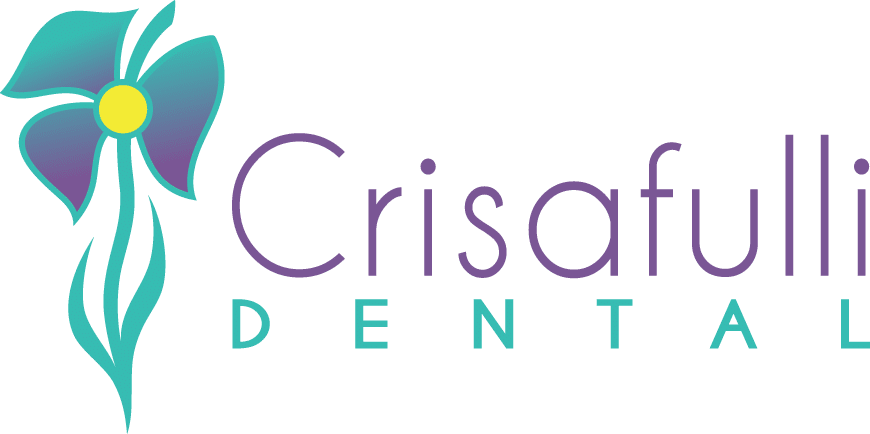Dental implants have gained significant popularity as a highly effective solution for replacing missing or damaged teeth. They offer a sturdy foundation for replacement teeth, while also preserving the health of adjacent teeth and gums. Moreover, dental implants play a crucial role in preventing further tooth loss and gum recession. This post aims to delve into the various benefits of dental implants compared to other alternatives, elaborate on their mechanism of stimulating the jawbone, and shed light on other factors that contribute to maintaining optimal oral health.
Understanding Tooth Loss and Gum Recession
Tooth loss and gum recession can stem from multiple factors, such as inadequate oral hygiene, gum disease, trauma, age-related wear-and-tear, teeth grinding or clenching, and certain medical conditions. When any of these issues arise, the bone that supports the teeth diminishes gradually, leading to tooth loss and gum recession.
The impact of this can be significant, causing further damage to adjacent teeth and impairing aesthetic appearance and self-confidence. It is, therefore, important to address the issue promptly to prevent further tooth loss and gum recession.
The Basics of Dental Implants
Dental implants are advanced dental solutions that involve the surgical placement of artificial tooth roots into the jawbone. These titanium screws seamlessly integrate with the jawbone, providing a stable and secure foundation for the attachment of replacement teeth. By supporting an artificial tooth crown or bridge, dental implants not only restore the natural aesthetics of a smile but also ensure optimal functionality and oral health. With their ability to mimic the look, feel, and function of natural teeth, dental implants offer a long-lasting and reliable solution for individuals seeking to enhance their dental well-being.
Dental implants provide greater stability, comfort, and durability than other options, such as dentures or bridges. They also help preserve the adjacent teeth by preventing them from shifting into the space of missing teeth.
How Dental Implants Prevent Further Tooth Loss and Gum Recession
Dental implants offer both cosmetic and functional benefits for individuals with missing or damaged teeth. These implants not only provide a solution for tooth loss but also play a crucial role in preserving the natural bone structure of the jaw. By using titanium screws, dental implants stimulate the jawbone, promoting its shape and density maintenance. The regular movement and force exerted during chewing and gnawing stimulate the production of bone cells, effectively preventing any further bone loss.
Dental implants help preserve the adjacent teeth and gums by providing a strong foundation for replacement teeth and preventing them from shifting into the space of missing teeth. This helps to reduce the risk of further tooth loss or gum recession due to additional pressure on surrounding teeth.
Studies have shown that dental implants provide greater stability, comfort, and durability than other options for replacing missing teeth. A study published in the Journal of Oral Implantology found that implant-supported replacement teeth had a 94% success rate after 10 years, compared to 93% for bridge-supported replacements. Additionally, research from the International Association for Dental Research found that implant-supported crowns and bridges were more effective than removable dentures in preserving the adjacent teeth from shifting.
Other Factors to Consider
Apart from selecting the appropriate tooth replacement, maintaining good oral hygiene and scheduling regular dental checkups are imperative in preventing additional tooth loss and gum recession. Good oral hygiene aids in averting plaque accumulation and upholds the health of teeth and gums, while routine checkups enable dentists to identify issues at an early stage, before they escalate into more severe problems.
Several lifestyle factors can contribute to tooth loss and gum recession. Among these, smoking stands out as a major risk factor for oral health issues due to its detrimental effects on the teeth and gums. Tobacco usage can lead to tooth discoloration, persistent bad breath, and an increased susceptibility to cavities or gum disease. Furthermore, smoking has been associated with bone loss in the jaw, further exacerbating tooth loss and gum recession.
Similarly, poor diet and nutrition can also have a negative effect on oral health. Eating many sugary or acidic foods and beverages can increase the risk of tooth decay, while not getting enough vitamins and minerals like calcium can contribute to weak and brittle teeth. Inadequate nutrition can also lead to gum recession due to the weakened tissue in the mouth.
By making healthy lifestyle choices, practicing good oral hygiene, and getting regular dental checkups, you can help prevent further tooth loss and gum recession. Additionally, choosing a solution such as dental implants can provide a secure foundation and help stimulate the jawbone, reducing the risk of further tooth loss or gum recession.
Overall, dental implants provide an effective and aesthetically pleasing solution for replacing missing or damaged teeth. Not only do they create a strong foundation for replacement teeth, but they also help to stimulate jawbone growth and prevent further tooth loss and gum recession. In addition to choosing the right tooth replacement option, good oral hygiene and regular checkups are essential for maintaining overall oral health. It is important to consult your dentist to determine if dental implants are an appropriate option. With the right care, dental implants can help keep your smile healthy and beautiful for years.




